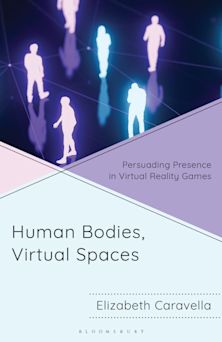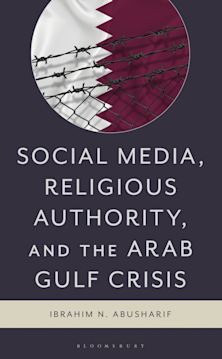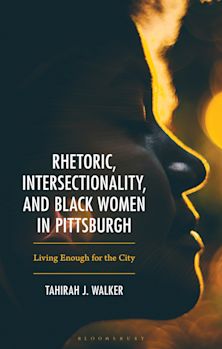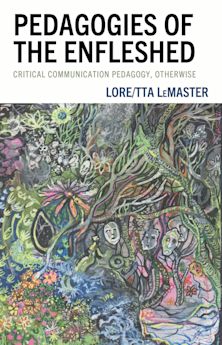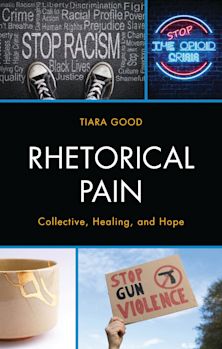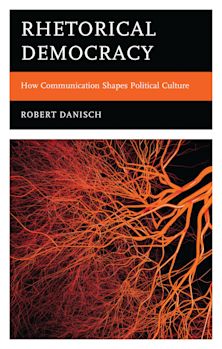Rhetorics of Nepantla, Memory, and the Gloria Evangelina Anzaldúa Papers
Archival Impulses
Rhetorics of Nepantla, Memory, and the Gloria Evangelina Anzaldúa Papers
Archival Impulses
This product is usually dispatched within 1 week
- Delivery and returns info
-
Free US delivery on orders $35 or over
Description
Rhetorics of Nepantla, Memory, and the Gloria Evangelina Anzaldúa Papers: Archival Impulses explores the intersection of Chicana/o/x studies, Latina/o/x studies, archival studies, and public memory by examining the archival homes of cultural critic Gloria Anzaldúa. This book illustrates how her archive mirrors her philosophy of theories of the flesh and contains objects that, when placed together by the rhetor, perform the embodied ways of knowing of which she writes. Anzaldúa’s archive is a generative space that requires a rhetorical perspective that is expansive, intersectional, and flexible enough to handle interactions between the objects found within and across archives. This book provides an account of how to discuss these interactions in theoretically and experientially meaningful ways. From the analysis of Anzaldúa’s public speeches, the parallels between her birth certificate and creative writing, the planning documents of the 1995 Entre Américas: El Taller Nepantla artist retreat, and more, the author contributes to the fields of archival methods, gender studies, Anzaldúan scholarship, public memory, and rhetorical studies by illustrating why engaging the archives of women of color matters.
Table of Contents
BibliographyAbout the Author
Product details
| Published | Feb 14 2022 |
|---|---|
| Format | Hardback |
| Edition | 1st |
| Extent | 206 |
| ISBN | 9781498598408 |
| Imprint | Lexington Books |
| Dimensions | 9 x 6 inches |
| Publisher | Bloomsbury Publishing |
Reviews

ONLINE RESOURCES
Bloomsbury Collections
This book is available on Bloomsbury Collections where your library has access.











